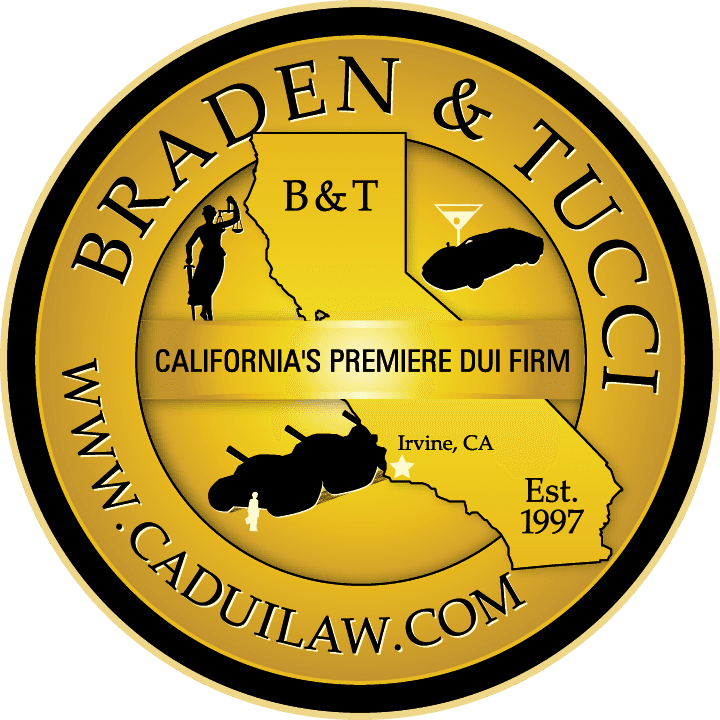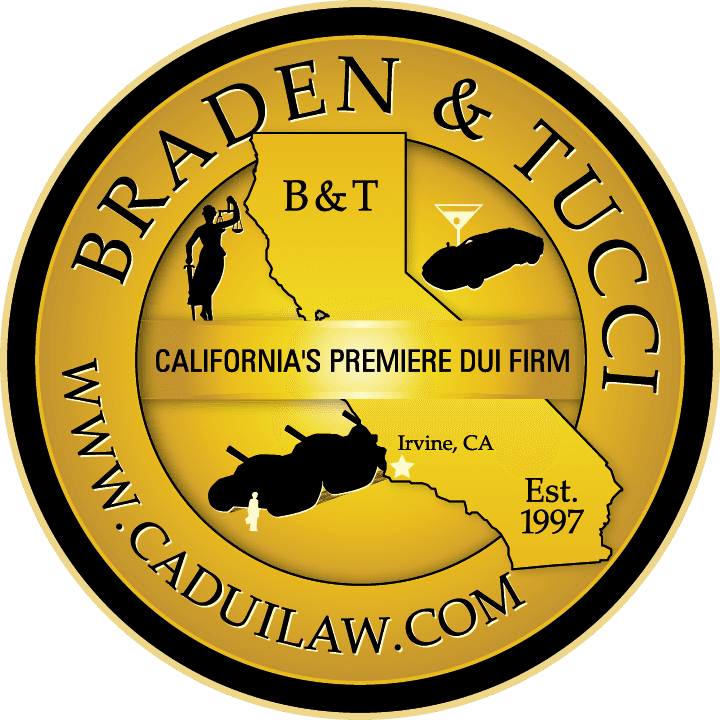A DUI conviction in California can have severe consequences, including the suspension of your driver's license. Losing your driving privileges can impact every aspect of your life, from your job to your daily routine. However, in some cases, you may be eligible for a hardship license that allows you limited driving privileges during your suspension period.
What is a Hardship License?
A hardship license, often referred to as a restricted driver's license, is a limited driving privilege that allows individuals with suspended or revoked licenses to drive under specific circumstances. These licenses are typically granted for essential activities such as work, school, medical appointments, or family-related obligations. It's important to note that a hardship license is not a guaranteed right and is subject to approval by the California Department of Motor Vehicles (DMV).
Who May Qualify for a Hardship License?
Not everyone with a suspended or revoked license is eligible for a hardship license. To qualify, you must meet specific criteria and demonstrate a legitimate need for limited driving privileges. In California, you may be eligible for a hardship license if:
- You have a valid reason: You must provide a valid reason for needing a hardship license, such as commuting to work or school, seeking medical treatment, or fulfilling family responsibilities.
- You have a suspended license: You must have a suspended license due to a DUI-related offense or another eligible violation.
- You meet the DMV requirements: The California DMV will evaluate your case individually and determine if your circumstances warrant a hardship license.
- You fulfill all court-mandated requirements: You must complete any court-ordered DUI programs or probationary periods before applying for a hardship license.
- You have auto insurance: You must have valid auto insurance coverage, and in some cases, you may need to file an SR-22 form, which proves your financial responsibility.
- You install an ignition interlock device (IID): In some cases, the court may require you to install an IID in your vehicle as a condition for obtaining a hardship license. An IID is a breathalyzer that prevents the vehicle from starting if it detects alcohol on your breath.
Steps to Obtain a Hardship License in California
If you believe you meet the eligibility criteria and have a legitimate need for a hardship license, you can follow these steps to apply:
- Consult with an attorney: It's highly recommended to consult with an experienced DUI attorney to navigate the complex process of obtaining a hardship license. They can assess your specific situation, advise you on the best course of action, and help you prepare your case.
- Serve your suspension period: You must complete the mandatory suspension or revocation period imposed by the DMV or the court.
- Enroll in a DUI program: If required, enroll in and complete a state-approved DUI education program or treatment program. The duration and type of program may vary based on your specific case.
- Install an ignition interlock device (IID): If ordered by the court, have an IID installed in your vehicle and ensure it is properly maintained and calibrated as required.
- Purchase SR-22 insurance: Obtain the necessary auto insurance coverage, including an SR-22 certificate, which proves your financial responsibility.
- Request a hearing with the DMV: Contact the California DMV to request a hearing for a hardship license. You will need to provide documentation supporting your need for the license, such as proof of employment, school enrollment, medical appointments, or other essential activities.
- Attend the DMV hearing: Be prepared to present your case at the DMV hearing. Your attorney can help you gather the necessary evidence and documentation to support your request.
- Pay any required fees: There may be administrative fees associated with the application process, IID installation, and SR-22 insurance. Be prepared to cover these costs.
- Await the DMV's decision: The DMV will review your case and make a decision regarding your hardship license request. If approved, you will receive instructions on the limitations and conditions of your restricted license.
Obtaining a hardship license in California after a DUI can be a challenging and complex process, but it is possible with the right guidance and adherence to the necessary steps and requirements. It's crucial to consult with a qualified DUI attorney who can provide you with personalized guidance and increase your chances of successfully obtaining a hardship license. Remember that driving under the influence is a serious offense, and it's essential to prioritize safety and responsibility on the road to prevent future incidents and legal consequences.
Contact Braden & Tucci today to let us help you get your driving privileges back.

